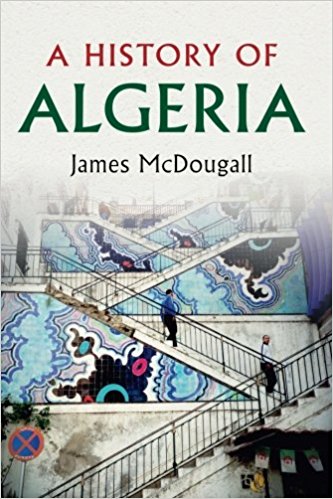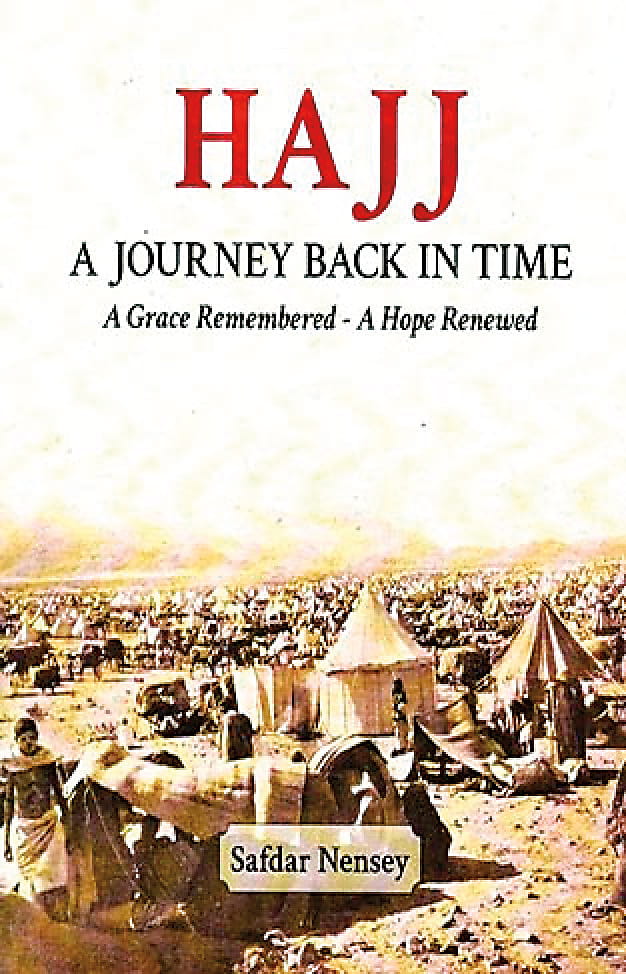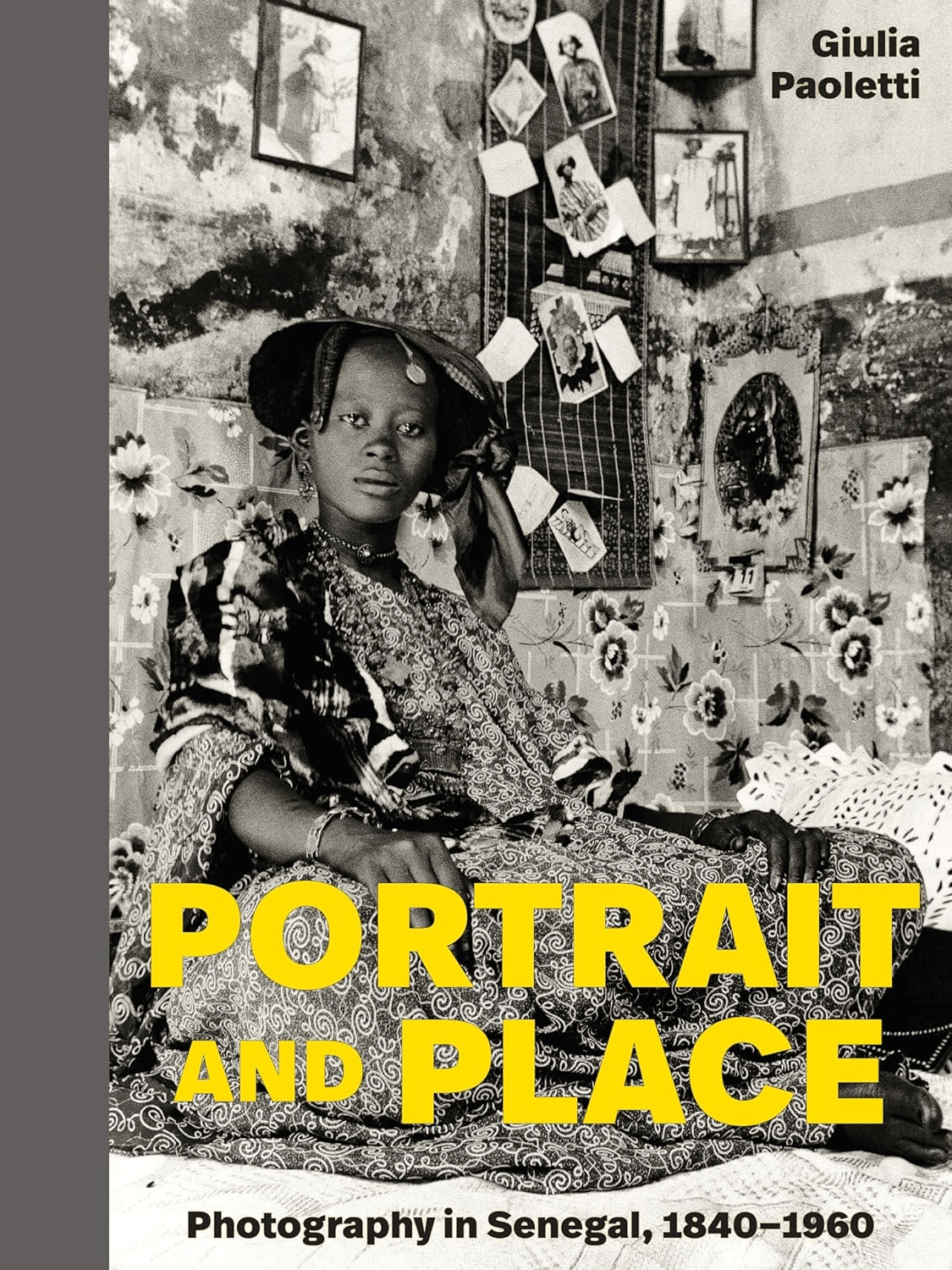
A History of Algeria
Louis Werner
James McDougall
2017, Cambridge UP, 978-0-52161-730-7, $29.99 pb.
The simple, albeit implicitly sweeping, title of this book cries out for a clarifying subtitle. This is not the story of Carthaginian, Roman or caliphal (medieval Muslim) Algeria, but rather a detailed study of the nation that emerged in the wake of its Ottoman period (early 16th into the mid-19th century). After an introductory chapter on Ottoman rule, McDougall examines the development of modern Algeria up to and including the Arab Spring of 2011 by tracing the various political ways in which “Ottoman governors, French colonial settlers and administrators and Algerian nationalist leaders, bureaucrats and generals” all shaped the contemporary state. A second focus is the history of Algerian society and culture, with its cafés, theatrical productions staged “in local Arabic dialect” and performances “rooted in classical Andalusi music.” These are among the “continuous responses, innovations and strategies” of a people whose mid-20th-century struggles for independence “marked a critical moment for the history of an emergent ‘Third World.’”
You may also be interested in...

Hajj: A Journey Back in Time: A Grace Remembered-A Hope Renewed
Safdar Nensey's Hajj: A Journey Back in Time invites readers into one of the world's oldest and most sacred annual expeditions: the Muslim pilgrimage to Makkah.
A Fresh Perspective on Senegal’s Photographic History
Author Giulia Paoletti’s Portrait and Place puts historical Senegalese photography in a fresh global context.